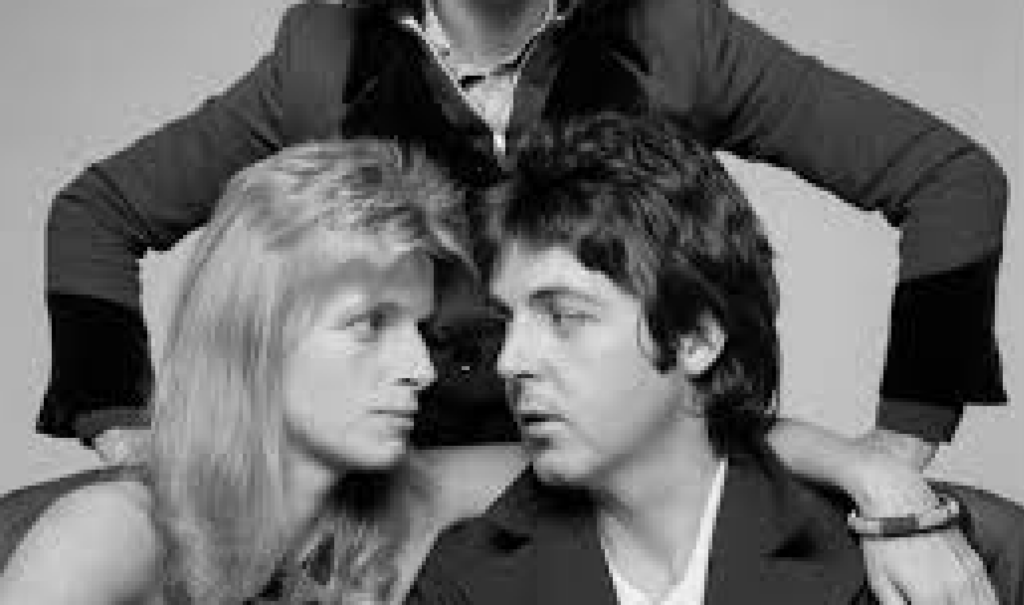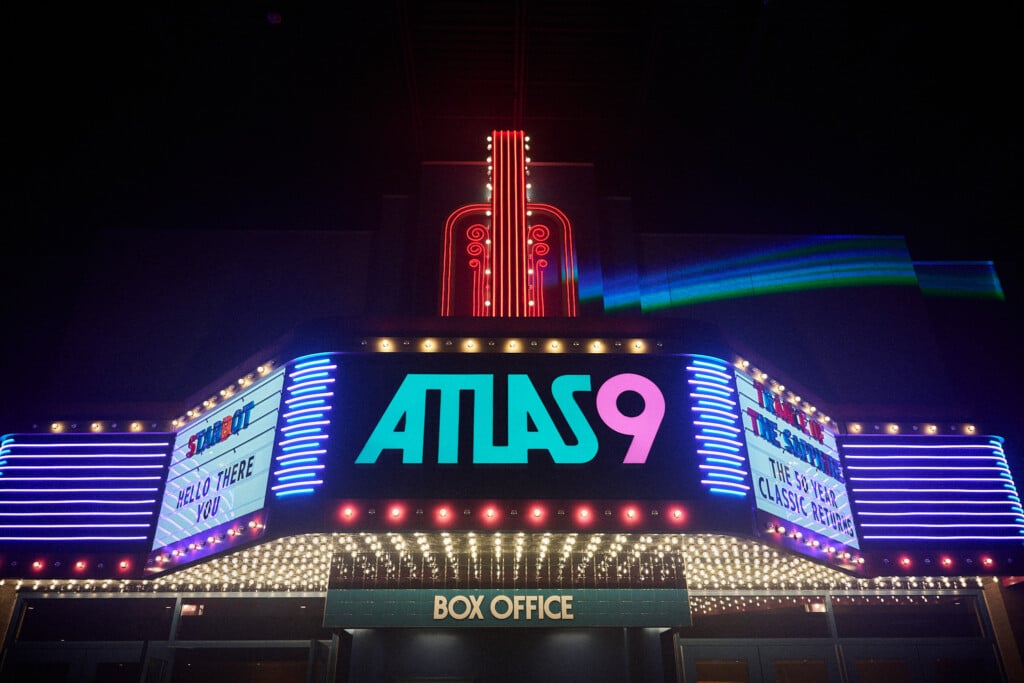Hulk a Maniac?
He’s 12 feet tall. He’s ripped. He’s quick as a tiger and fierce as a dragon. Lit by his fury to a dull-green glow, the guy is sheer, boundless power. Any NFL team would love to start him at middle linebacker. But as art-house director Ang Lee would have it, this outsized, computer-generated, big-screen Hulk is also a sensitive bundle of repressed childhood traumas fomented by his megalomaniacal father. To write him off simply as a big lug who can run 100 miles an hour and tear the turret off an army tank with his bare hands — to see him as just another summer-blockbuster superhero, in other words — would be to misunderstand his existential dilemma, his very soul. Any movie that costs $150 million to make, Lee seems to be telling us, ought to come with at least ten bucks’ worth of deep thinking.
To that end, the man who gave us Sense and Sensibility and The Ice Storm before he gave us the high-flying, Oscar-winning Crouching Tiger, Hidden Dragon has injected Hulk not only with a fateful shot of mutant DNA but also with full doses of Dr. Jekyll and Mr. Hyde and The Nutty Professor, a dash of leftover Joseph Conrad and an entire casebook of Freud. Compared to the vivid Marvel comic that introduced the man-monster in 1962 — or to the popular ’70s TV series — Lee’s movie is downright philosophical. Too often, the fun stops there.
Lee and three screenwriters (John Turman, Michael France and longtime Lee collaborator James Schamus) start with the deeply divided hero, Bruce Banner (unremarkable Chopper star Eric Bana). Thanks to his scientist-father’s past fiddlings and an accidental zap of gamma rays at the lab, the nerdy Berkeley geneticist is — after being angered once too often — about to discover the torment and exaltation of his uncontrollable alter ego. We also get Nick Nolte, looking like he’s spent a week in custody, as the messianic lost-and-found father, David Banner, still obsessed with his experiments and given to raving about “the pale religions of civilization that have infected humanity.”
The pivotal new wrinkle here involves poor, bottled-up Bruce’s love interest, a fellow scientist named Betty Ross (A Beautiful Mind‘s Jennifer Connelly). Whip-smart, Betty sees all and knows all (including the secret of Bruce’s metamorphosis), but she, too, has issues. Her father, it turns out, is a ruthless Army general (Sam Elliott) who doesn’t give a damn about her but cares plenty about hooking up the National Security Agency and an evil corporation called Atheon in a plot to exploit Bruce/Hulk for their own purposes. In a time when polls say American approval of government and the military is soaring, Hulk returns to the wary view of the military-industrial complex that characterized earlier science-fiction paranoia fantasies.
The big action set pieces here include the computerized green monster’s satisfyingly destructive breakout from a secret underground army base and a visit to San Francisco in which he tears up several blocks of pavement and tosses a cable car onto the sidewalk. There are also lots of bewildering split-screen effects straight out of the ’60s, a surplus of flashbacks, plenty of morphing and an array of oozing hallucinations intended, we must assume, to express the conflicted agony in Bruce/Hulk’s mind and the molecular rage inside his body.
Some Marvel fans and Lou Ferrigno devotees may find Lee’s whole enterprise grandiose and a little bit silly. The climactic battle tries for Greek or Shakespearean classicism but comes off as cartoon. In the end, Hulk seems as unhappily divided in its nature as Bruce Banner himself. Art and entertainment don’t always get along.




